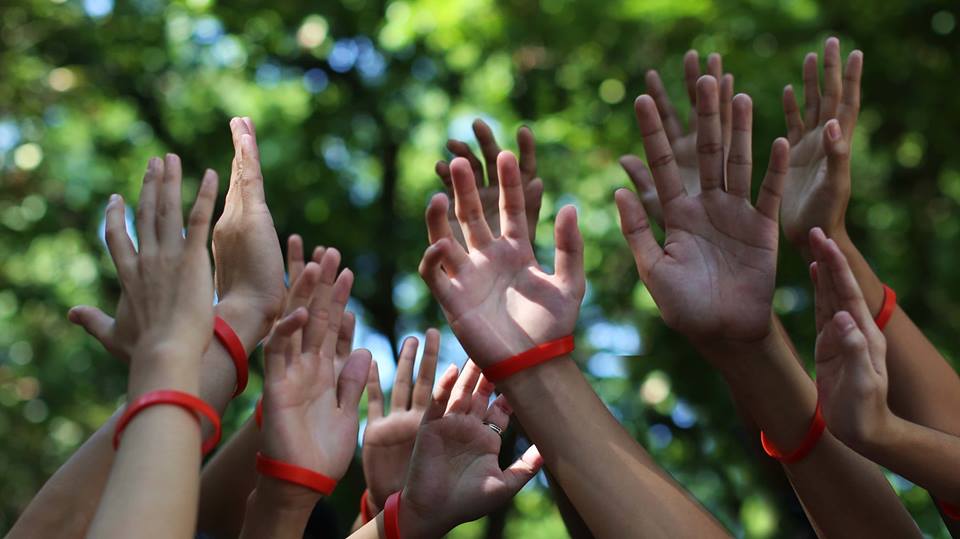Health
DOH assures all blood donations are safe; donors well-screened
MANILA – The Department of Health (DOH) has assured that all blood donations it is receiving and dispensing are safe and that donors are undergoing strict screening to ensure they are free from any disease transmissible by blood transfusion.
“All donated bloods and given for transfusion are being screened very well… We do not provide bloods (in hospitals) that are not screened,” said DOH Assistant Secretary Paulyn Jean Rosell-Ubial during the World Blood Donor’s Day celebration held last week by the DOH-MIMAROPA region in Puerto Princesa City, Palawan.
She explained that prior to actual blood donation, donors undergo a thorough screening procedure through a trained professional staff.
She said that donors are being asked to give accurate data and the donated blood itself undergoes several levels of testing to ensure that it is very safe during transfusion in hospitals.
Dr. Ubial, who said she has been a regular blood donor for so many years now, also cited the importance of regular donors for safe and adequate blood supply for emergency use.
She stressed that it is important to establish a registry of regular donors of safe blood.
“That will help a lot; in case that there is a need for their blood type, we can immediately call them (donors),” she said.
She added that having adequate blood supply is very important and helpful in the sense that blood transfusion can be easily undertaken through the availability of the supply.
She cited as example what usually takes place in hospitals in Davao City where there is always adequate blood supply.
“In Davao City, anytime a patient needs blood, it is readily available. I think it should be replicated in other areas of the country as well,” she said.
For his part, DOH-MIMAROPA Regional Director Eduardo C. Janairo said that giving back a love for the country can also be expressed by sharing safe blood through blood donation because that kind of love can make a difference in the lives of the people needing it.
MIMAROPA consists of the island provinces of Mindoro (Oriental and Occidental), Marinduque, Romblon and Palawan.
The celebration of the WBDD was held by the DOH in Puerto Princesa City and attended by delegates from the different regions of the country to highlight the importance of replicating the good practices of other provinces in terms of securing safe and adequate blood donation.
Meanwhile, following are some facts about blood donation, donors and recipients:
From a single blood donation, there are three main components that can be derived which can be used for specific patient’s need.
The people who can benefit from donated blood are:
* Patients suffering from severe blood loss.
* Leukemia patients.
* Hemophilia patients.
* Mothers giving birth with complications.
* Major trauma patients.
* Transplant patients, etc.
How often can a person donate blood?
The minimum interval between two donations is 12 weeks or three months. This interval allows the body to restore its iron stock.
Pregnant women, persons with fever, those engaged in recent alcoholic intake, have ear or body piercing and tattooing or recent surgery are not allowed to donate temporarily or permanently.
Those with cancer, cardiac disease, severe lung disease, with hepatitis B and C, infected with HIV (human immunodeficiency virus), AIDS (acute immune deficiency syndrome) or STD (sexually transmitted disease) are not allowed to donate blood.
The basic requirements for a potential donor are the following:
Have a weight of at least 110 lbs. (50 kgs.); pulse rate of between 60 and 100 beats, blood pressure between 90 and 160 systolic and 60 and 100 diastolic; and hemoglobin of at least 125g/L.
Human blood for transfusion is the only form of treatment that cannot be manufactured.
It is only possible if blood from kind-hearted people is available.
Blood donors are considered as modern heroes because they help in serving lives of other people being reached by their safe blood.






















